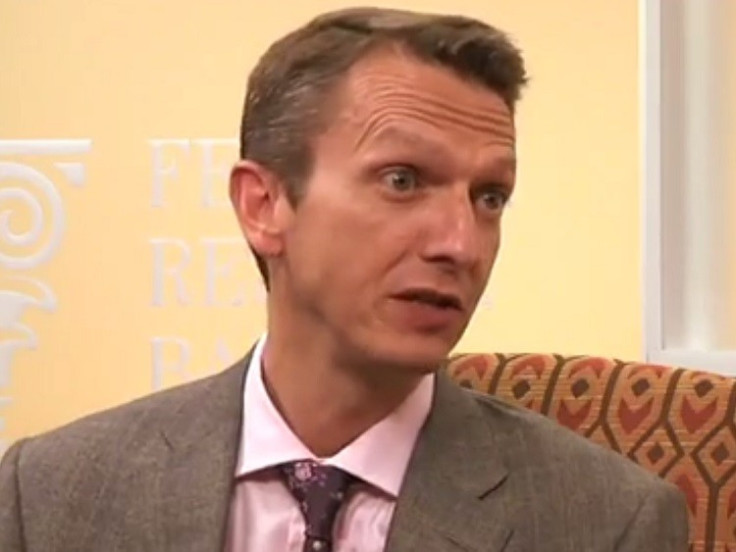BoE chief economist weighs in on true cost of maintaining record low unemployment rate
Low UK interest rates and productivity are trade-offs for historic unemployment rate of 4.8%.

Bank of England chief economist Andy Haldane has revealed that low productivity and higher wage inequality are necessary evils to maintain the current record low unemployment rate of 4.8%.
In a speech delivered at the London School of Economics on March 20, Haldane stated that an extra 1% to 2% increase in productivity could cost the UK economy up to 1.5 million jobs, reflecting "a very significant macroeconomic cost" for unemployment.
The BoE has maintained interest rates at a historically low level of 0.25%. This has allowed companies with high debt to repay just enough to continue operations and pay workers. However, this comes at a cost of decreased productivity and reduced diffusion of technological innovation.
Firm productivity has been highly concentrated since the financial crisis and at present, 1% of companies in the UK reported an annual productivity growth of 6%.
This stands in sharp contrast to a recent House of Commons report which estimated an overall productivity growth rate of 0.6% in 2016.
The smaller concentration of highly productive firms is a crucial reason for the rise in household inequality, as highly productive firms can afford to pay higher wages to only a small concentration of the workforce.
Haldane provided some solutions to boost productivity without compromising interest rates.
"But measures which support the long tail of companies, currently operating at low levels of productivity, have the potential to do considerable good," he noted.
Citing an example, Haldane said, "As Olympic athletes have shown, marginal improvements accumulated over time can deliver world-beating performance. Applying those marginal gains to the population of UK companies could significantly improve UK living standards, even if those are harder to measure than gold medals."
© Copyright IBTimes 2025. All rights reserved.





















